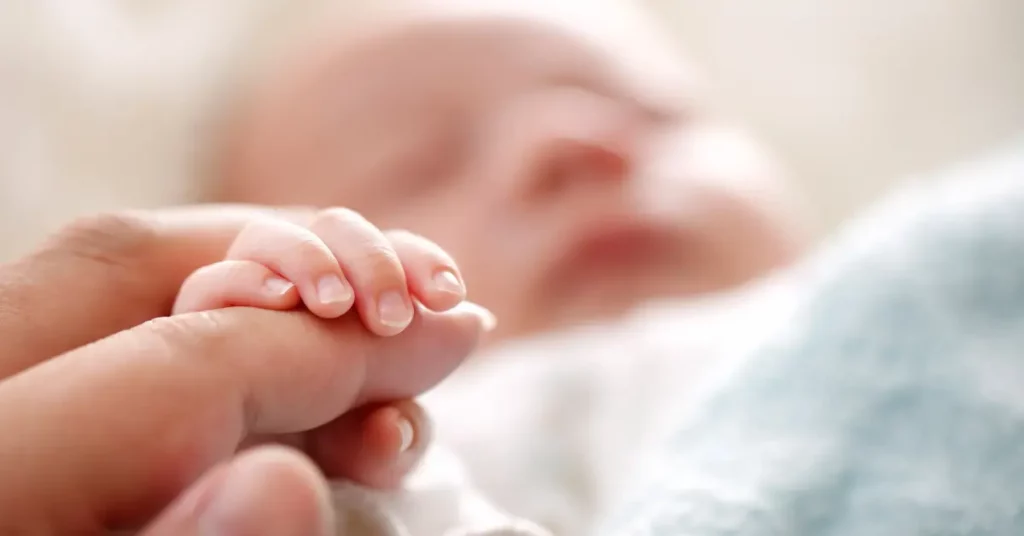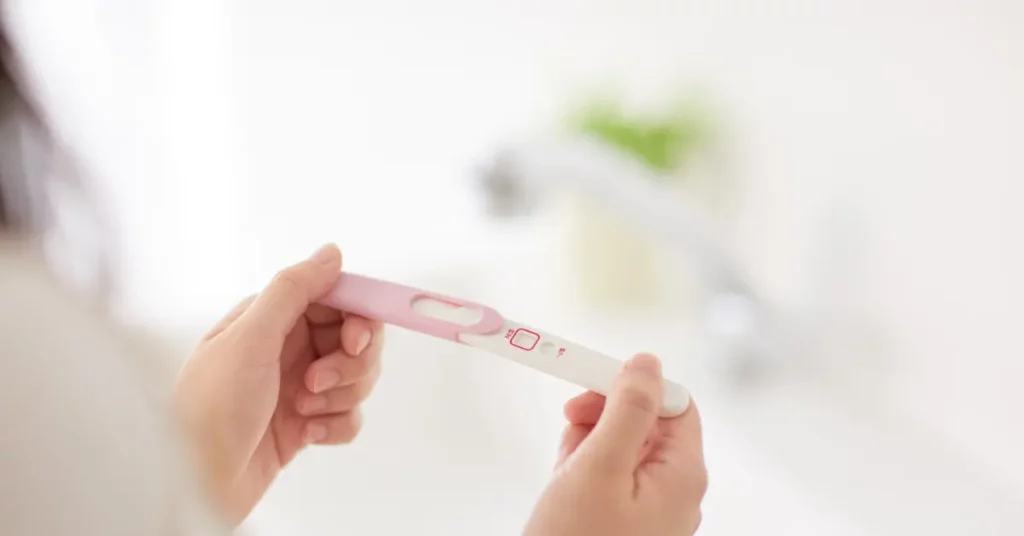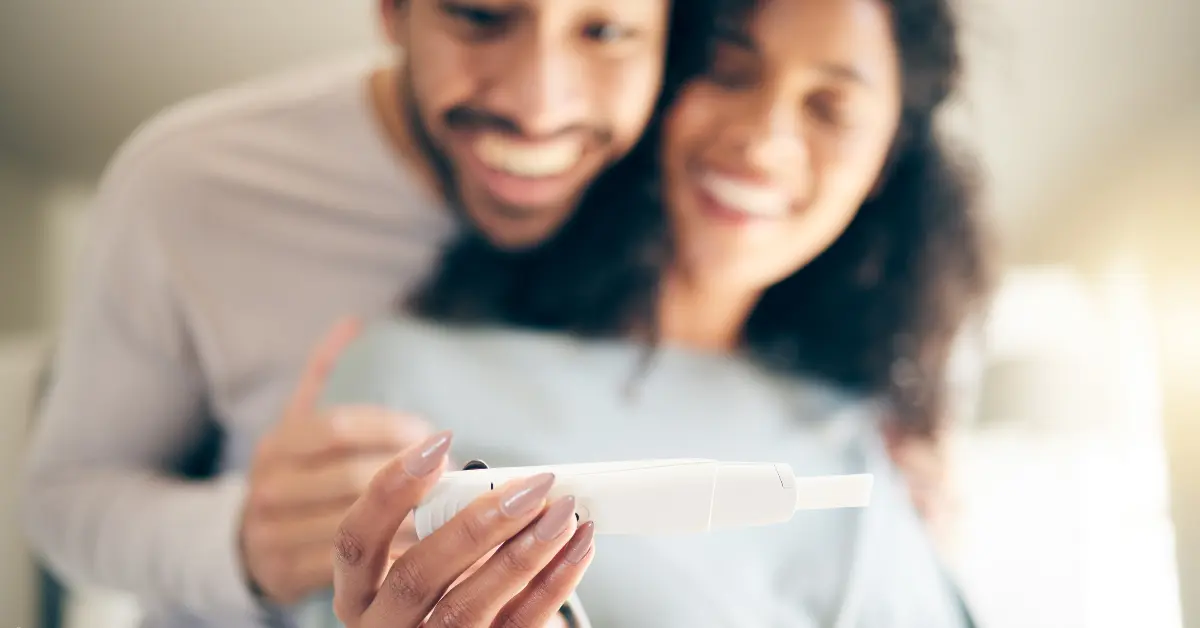Many couples hoping to start a family are searching for natural ways to conceive without immediately resorting to medical interventions. They also often wonder about effective ways to get pregnant faster by making simple changes in their daily lives. Infertility is a relatively common challenge, affecting about one in six couples globally. The good news is that there are many steps you can take to improve your odds. Below, we outline several natural fertility tips that can help you increase fertility naturally through healthy lifestyle changes and smart timing strategies.
Nutrition and Weight: Fertility-Boosting Foods and Healthy Body Weight
What you eat plays a key role in reproductive health. While you can’t control every cause of infertility, you can control your eating habits, and both good nutrition and a healthy body weight can significantly influence the ability to conceive. Certain fertility boosting foods are known to support hormone balance, egg quality, and sperm health. A balanced diet for fertility looks a lot like any healthy diet, emphasizing whole, nutrient-dense foods:
- Healthy fats: Prioritize unsaturated fats over trans fats. These support hormone production and ovulation.
- Whole grains and legumes: High-fiber, complex carbs help regulate blood sugar and insulin, which can affect ovulation.
- Fruits and vegetables: Aim for a colorful variety. Produce is rich in antioxidants that protect reproductive cells from damage.
- Lean proteins, including plant proteins: Opt for fish, poultry, eggs, and plant-based proteins more often than red or processed meats. Plant protein sources in particular have been linked to improved fertility in women.
- Dairy: Consuming some full-fat dairy each day has been associated with better ovulatory fertility, according to some research.
Achieving a stable, normal BMI through a nutritious diet and moderate portion sizes is one of the most effective natural fertility boosters. It sets the stage for optimal hormone production and improves your chances of conceiving.

Fertility and Exercise: Finding the Right Balance
Physical activity is another key lifestyle factor in fertility. There is a clear link between fertility and exercise, but it’s all about balance. Regular moderate exercise has multiple benefits for reproductive health. It helps regulate insulin levels and weight, improves circulation, and can reduce stress, all of which contribute to better fertility. Exercise helps keep body fat in a healthy range. Excess body fat can contribute to polycystic ovary syndrome (PCOS) and other ovulatory disorders, while too little fat can also disrupt ovulation.
Aim for roughly 30 minutes of moderate-intensity activity on most days. This level of exercise is generally fertility-friendly and can even improve hormone balance. Men can benefit too. Moderate exercise is associated with higher testosterone levels and better sperm quality. Additionally, staying fit prepares the body for the demands of pregnancy and can increase sexual stamina and libido for both partners.
Avoid overdoing it. Extremely intense or excessive exercise, especially in women who are already lean, can actually impair fertility. High-performance athletes or women who train vigorously every day sometimes experience irregular periods or no periods at all. This happens because excessive training and low body fat percentage can shut down the ovulatory cycle. If you are trying to conceive, it’s wise to keep strenuous workouts in moderation. For example, running or vigorous cardio more than 5 hours per week has been linked to lower fertility in normal-weight women. You don’t have to give up the activities you love. J – just be mindful to balance high-intensity workouts with adequate rest and nutrition. Listen to your body’s signals. The goal is to be fit and active, but not at the expense of your reproductive hormones.
Sleep and Fertility: Why Rest Matters
Getting enough quality sleep is often an overlooked factor in fertility. The sleep and fertility connection can have a real impact on reproductive health. In both women and men, poor sleep or chronically short sleep can disrupt the delicate balance of hormones needed for conception. Research indicates that infertility at all ages is affected by the quality, timing, and duration of sleep. In other words, sleeping too little, sleeping on an irregular schedule, or not sleeping during the night can all potentially interfere with optimal fertility.
Prioritizing good sleep hygiene may help improve fertility outcomes. Strive for 7–9 hours of sleep per night on a consistent schedule. If you work night shifts, do your best to darken your sleeping environment and get enough rest on off days. Both partners should also be mindful that frequent sleep deprivation can diminish sex drive and energy levels, which doesn’t help when you’re trying to conceive. Making sleep a priority is truly one of the simpler healthy habits for fertility. It costs nothing, but it can enhance your overall health and potentially your fertility as well.
Managing Stress for Conception Success
We often hear anecdotes of couples finally conceiving on vacation or after “stopping worrying about it.” While reducing stress is certainly not a guaranteed cure for infertility, high levels of chronic stress can create conditions that make conception less likely. Stress can affect fertility indirectly by messing with our hormones, routines, and even relationship dynamics. For instance, stress can elevate cortisol (the stress hormone), which in high levels may suppress normal reproductive hormone function. There is even research showing that women with very high stress biomarkers had a significantly lower probability of conception and a higher risk of infertility.

Aside from hormonal effects, stress and anxiety can reduce libido and frequency of intercourse, creating a practical barrier to conceiving. It can also lead to unhealthy behaviors that further hinder fertility. For all these reasons, taking steps to manage stress is an important part of a lifestyle for conception. Consider incorporating stress-reduction techniques into your daily life, especially while trying to get pregnant. Regular exercise, as mentioned, is a great stress reliever. Practices like yoga, meditation, deep-breathing exercises, or even simply relaxing hobbies can help keep stress in check. Make time for activities that make you laugh and unwind. Couples should also communicate openly; supporting each other emotionally through the ups and downs of trying to conceive can strengthen your partnership and ease stress.
Avoiding Fertility Hazards: Substances and Environmental Factors
When trying to conceive, it’s crucial to eliminate or reduce certain substances and exposures that are known to impair fertility. Start with the big three:
- Quit smoking (and vaping): Tobacco use is strongly linked to reduced fertility in both women and men. In women, smoking accelerates the loss of eggs and can cause eggs to age prematurely, leading to a higher risk of infertility and earlier menopause. Smoking also increases miscarriage risk. In men, smoking can lower sperm count and motility and damage sperm DNA. There’s no safe level of smoking when trying to conceive. The sooner you quit entirely, the better your chances.
- Limit alcohol: Heavy drinking is associated with ovulation problems in women and can lower testosterone and sperm quality in men. For women hoping to get pregnant, most doctors advise cutting out alcohol completely once you start trying, or at least keeping it to an occasional single drink. Men should also moderate their intake to protect sperm health. Remember that once you do conceive, no amount of alcohol is considered safe in pregnancy, so it’s wise to establish the habit of abstaining or drinking very sparingly.
- Moderate caffeine: You don’t necessarily need to forego your morning coffee, but do keep caffeine to moderate levels. Up to 200 mg of caffeine per day is unlikely to affect fertility for most women. High levels of caffeine, however, might increase miscarriage risk or slightly delay conception, so err on the side of moderation. Consider switching to half-caff or tea if you consume a lot of caffeine daily.
By proactively avoiding these fertility hazards, you remove potential obstacles on your path to pregnancy. You’ll also be creating a healthier environment for your future child. Many of these changes take time and effort, but they are truly investments in your fertility and your long-term health.
Timing is Everything: How to Track Ovulation Effectively
Understanding your menstrual cycle and ovulation timing is critical when you’re trying to get pregnant. After all, even if you and your partner are perfectly healthy, conception can only occur during the fertile window of the cycle. So, what is the best time to conceive? In each menstrual cycle, there are actually only about 5 to 7 days when sex can lead to pregnancy. The few days leading up to ovulation, plus the day of ovulation. The highest likelihood of conception is in the two days right before ovulation and the day of ovulation itself. Sperm can survive inside a woman’s reproductive tract for up to about five days, but an egg, once released, is viable for only 12 to 24 hours. Timing intercourse to coincide with those days greatly increases your chances of success.
Experts recommend having sex regularly (every day or every other day if possible) in the window spanning roughly 3-4 days before ovulation through 1 day after ovulation. If you generally ovulate around the middle of your cycle, you’d want to focus on having intercourse during, say, days 11-16 of a typical 28-day cycle. You don’t need to hit exactly the moment of ovulation. Having sperm already present and waiting in the fallopian tubes when the egg is released is ideal. This is why starting a couple days before the expected ovulation is recommended. Fertility specialists often advise the “sperm meets egg” plan of intercourse: have sex every other day starting about a week before expected ovulation, then daily during the last few days of your fertile window.
Combining methods often works best. For example, you might use an OPK and also observe mucus signs to know when to time intercourse. Over a few months, you’ll likely see a pattern emerge. This is the essence of natural fertility tracking. It empowers you with knowledge of your body’s rhythms. Keep in mind that not everyone ovulates on the textbook “day 14.” It’s normal to ovulate earlier or later, and factors like stress, illness, or travel can shift ovulation in a given month. If your cycles are very irregular or you suspect you may not be ovulating at all, that’s a sign to consult a healthcare provider.
Fertility Tests and When to Seek Help
Most couples would prefer to conceive naturally, but it’s also important to know when to seek medical advice. If you have been diligently following all the above advice, and still haven’t conceived, you might wonder when it’s time for a closer look. General guidelines suggest that if you’re under 35 and have been trying for a year with no success, you should consult a fertility specialist. If you’re 35 or older, you might want to seek help after six months of trying. Fertility tests for couples can identify potential issues that might not be apparent on the surface. These typically include: hormone level tests, imaging tests like ultrasound or HSG (hysterosalpingogram) to ensure the uterus and fallopian tubes are normal and open, and a semen analysis for the male partner to assess sperm count, motility, and morphology. A thorough reproductive health assessment covers both partners because infertility can result from female factors, male factors, or a combination of both.
Many modern fertility clinics offer convenient ways to get initial guidance. For example, a clinic such as IVF Center Hawaii provides an online fertility consultation service, allowing couples to review their history and questions with a fertility specialist remotely. Through such a consultation, you can discuss which tests might be appropriate and interpret any results you already have.

Optimizing natural fertility is about controlling the controllable. By embracing these healthy habits for fertility, you are creating the best possible environment for a pregnancy to happen. These steps will not only boost your chances to conceive, but also likely lead to better health for you overall. You are investing in a wholesome lifestyle for conception, which sets the stage for a healthy pregnancy. It’s also important to keep realistic expectations. Even for perfectly healthy couples in their 20s, the probability of conceiving in a given month is only about 20-25%. Patience and persistence are key parts of the process. Don’t be discouraged if it doesn’t happen immediately. Most couples will conceive within a year of trying, and for those who don’t, modern medicine can often find answers and solutions. Above all, take care of yourselves and each other during this journey. Trying to get pregnant can sometimes become stressful or emotionally taxing, so continue to nurture your relationship. Celebrate the fact that by reading this and making changes, you are proactively working toward your goal. With time, perseverance, and a bit of luck, you’ll maximize your body’s potential and hopefully welcome a new addition to your family soon.
Sources:
- Reuters – WHO says infertility affects 1 in 6 globally, calls for more consistent data reuters.com
- Academy of Nutrition and Dietetics – Foods That Can Affect Fertility eatright.org
- Tommy’s – The benefits of exercising/being active when trying to conceive tommys.org
- Journal of Circadian Rhythms – Oduwole et al., Sleep and Reproductive Health (2023) jcircadianrhythms.com
- Ohio State University Wexner Medical Center – Lynch et al., Study on stress and infertility (Human Reproduction, 2014) medicalxpress.com
- Mayo Clinic – Ovulation signs: When is conception most likely? mayoclinic.org
- Mayo Clinic – Female fertility: Why lifestyle choices count mayoclinic.org
